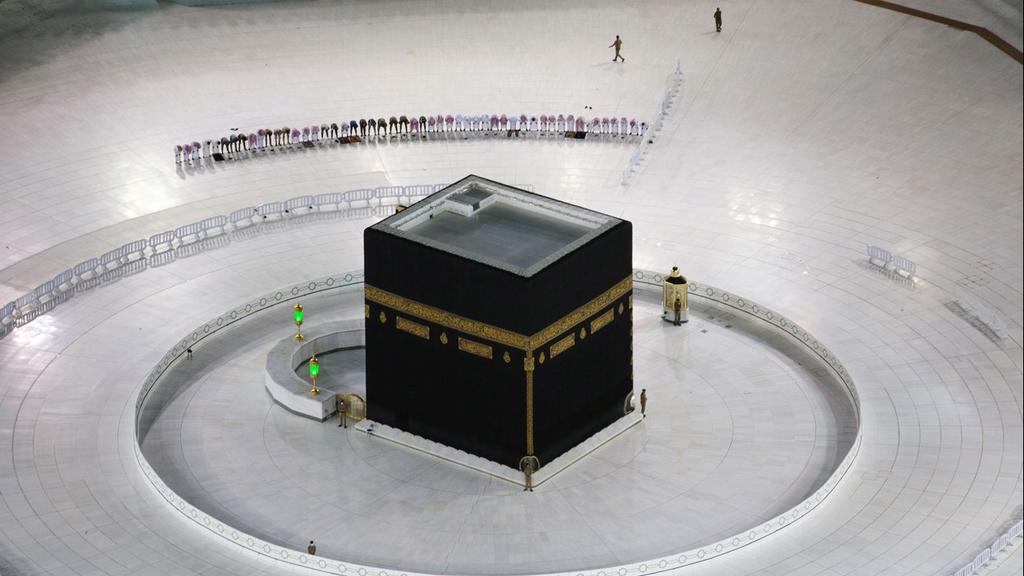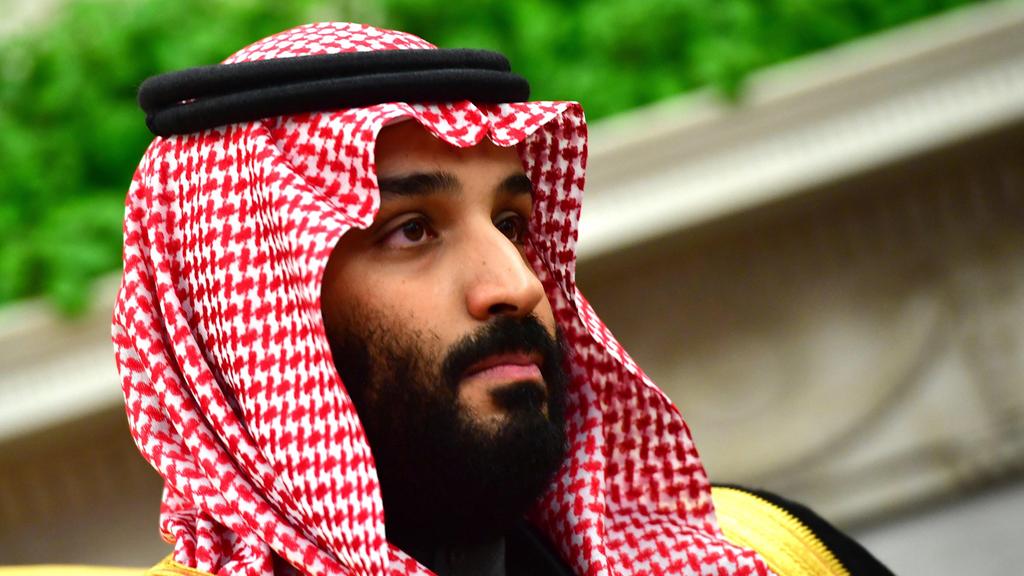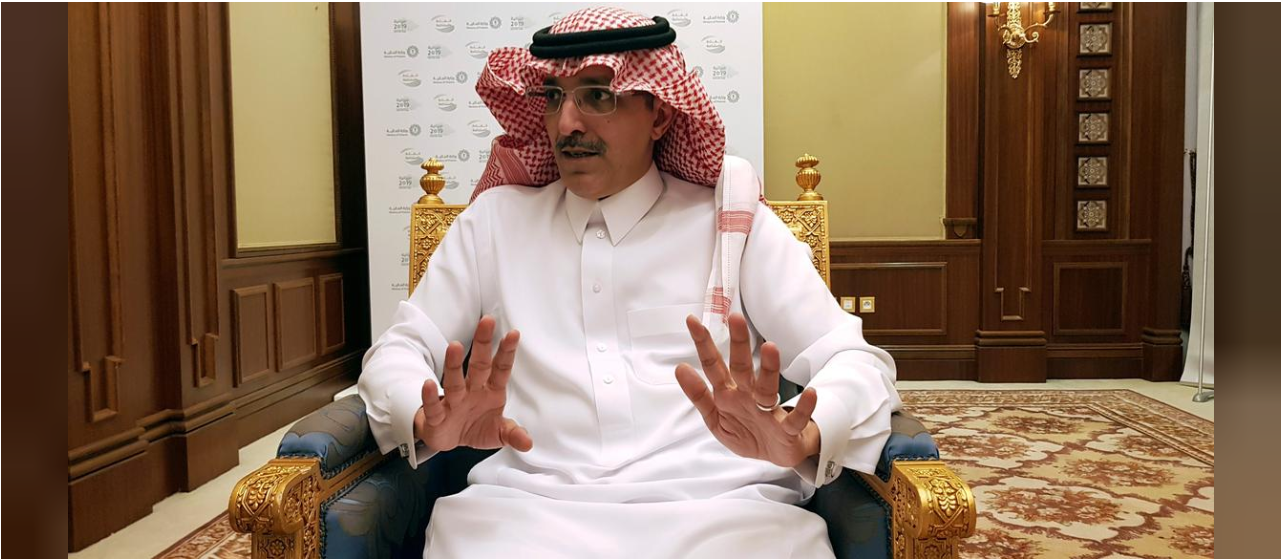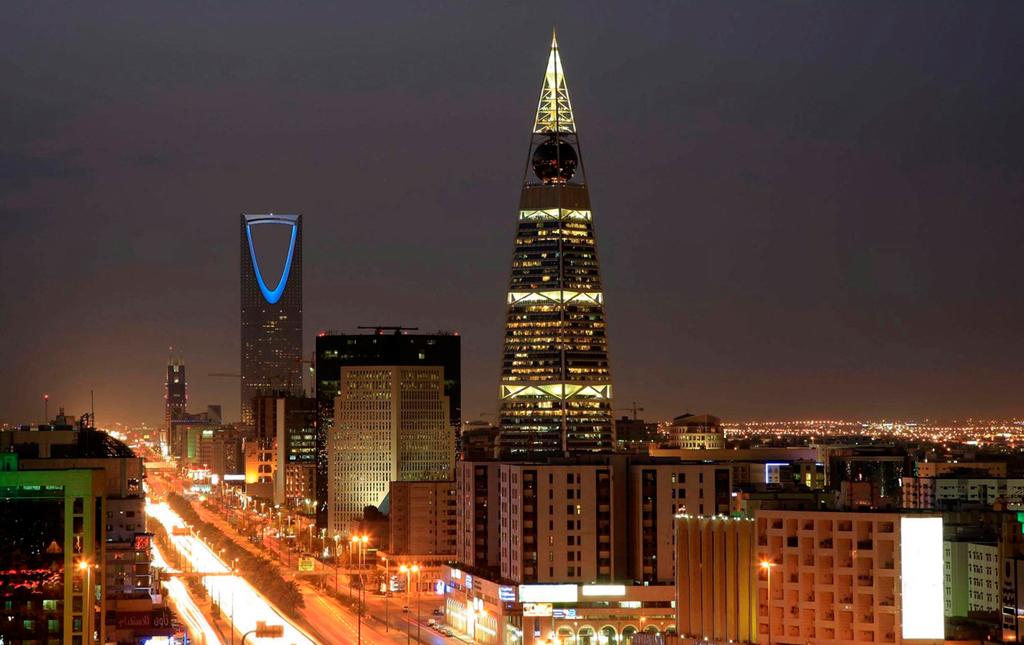Saudi Arabia will triple value-added tax and suspend a cost of living allowance for state workers, it said on Monday, seeking to shore up finances hit by low oil prices as the coronavirus pandemic pummels global demand for its lifeline export.
Historic oil output cuts agreed by Riyadh and other major producers have given only limited support to prices after they sank on oversupply caused by the war for petroleum market share between the kingdom and its fellow oil titan Russia.
Saudi Arabia, the world’s largest oil exporter, is also being hit hard by measures to fight the new coronavirus, which are likely to curb the pace and scale of economic reforms launched by Crown Prince Mohammad Bin Salman.
“The cost of living allowance will be suspended as of June 1, and the value-added tax will be increased to 15% from 5% as of July 1,” said Finance Minister Mohammed al-Jadaan.
“These measures are painful but necessary to maintain financial and economic stability over the medium to long term... and to overcome the unprecedented coronavirus crisis with the least damage possible,” he said in a statement.
4 View gallery


The Kaaba in the holy city of Mecca empty due to coronavirus restrictions
(Photo: Reuters)
The austerity measures come after the kingdom posted a $9 billion budget deficit in the first quarter.
The minister said non-oil revenues were affected by the suspension and decline in economic activity, while spending had risen due to unplanned strains on the healthcare sector and the initiatives taken to support the economy.
Difficult times
“All these challenges have cut state revenues, pressured public finances to a level that is hard to deal with going forward without affecting the overall economy in the medium to long term, which requires more spending cuts and measures to support non-oil revenues stability,” he added.
The government has canceled and put on hold some operating and capital expenditures for some government agencies, and cut allocations for some reform initiatives and projects worth a total of 100 billion riyals ($26.6 billion), the statement said.
Saudi stocks fell sharply in early trade on Monday after the announcement but they partially bounced back during the day.
“These are radical measures that underscore the gravity of the challenges facing the kingdom,” said James Reeve, chief economist at Samba Financial Group. But he added the measures sent a message to the markets, “that the authorities are prepared to make tough choices to keep the deficit within bounds.”
Central bank foreign reserves fell in March at their fastest rate in at least 20 years and to their lowest since 2011, while oil revenues in the first three months of the year fell 24% from a year earlier to $34 billion.
“The reforms are positive from a fiscal side as greater adjustment is essential. However, the tripling of VAT is unlikely to help that much in 2020 revenue-wise with the expected fall in consumption,” said Monica Malik, chief economist at Abu Dhabi Commercial Bank.
She said she kept unchanged her deficit forecast of 16.3% of GDP for this year, which already factors in a greater than previously announced spending cut.
About 1.5 million Saudis are employed in the government sector, according to official figures released in December.
In 2018, Saudi Arabia’s King Salman ordered a monthly payment of 1,000 riyals ($267) to every state employee to compensate them for rising living costs.
Stability
A committee has been formed to study all financial benefits paid to public sector employees and contractors, and will submit recommendations within 30 days, the statement said.
In late 2015, when oil prices fell from record highs, the kingdom slashed lavish bonuses, overtime payments, and other benefits once considered routine perks in the public sector.
In a country without elections and with political legitimacy resting partly on the distribution of oil revenue, the ability of citizens to adapt to such reforms is crucial for stability.
“Tripling the VAT will test the limits of the balance between revenues and consumption as the economy dives into a deep recession. The move will impact consumption and could also lower the expected revenues,” said John Sfakianakis, a Gulf expert at the University of Cambridge.
“These are pro-austerity and pro-revenue moves rather than pro-growth ones,” he said.
Hasnain Malik, head of the equity strategy at Tellimer, said the VAT rise could bring about $24-$26.5 billion in additional non-oil fiscal revenue. The rise would hit consumer spending further but was a needed step towards fiscal sustainability, he said.
Saudi Arabia’s neighbor and the second-largest Arab economy, the United Arab Emirates, said on Monday it had no plans to increase its value-added tax rate.




